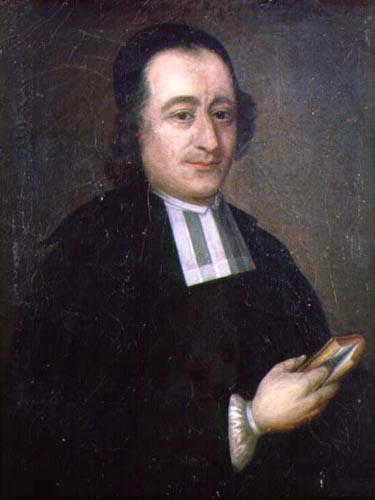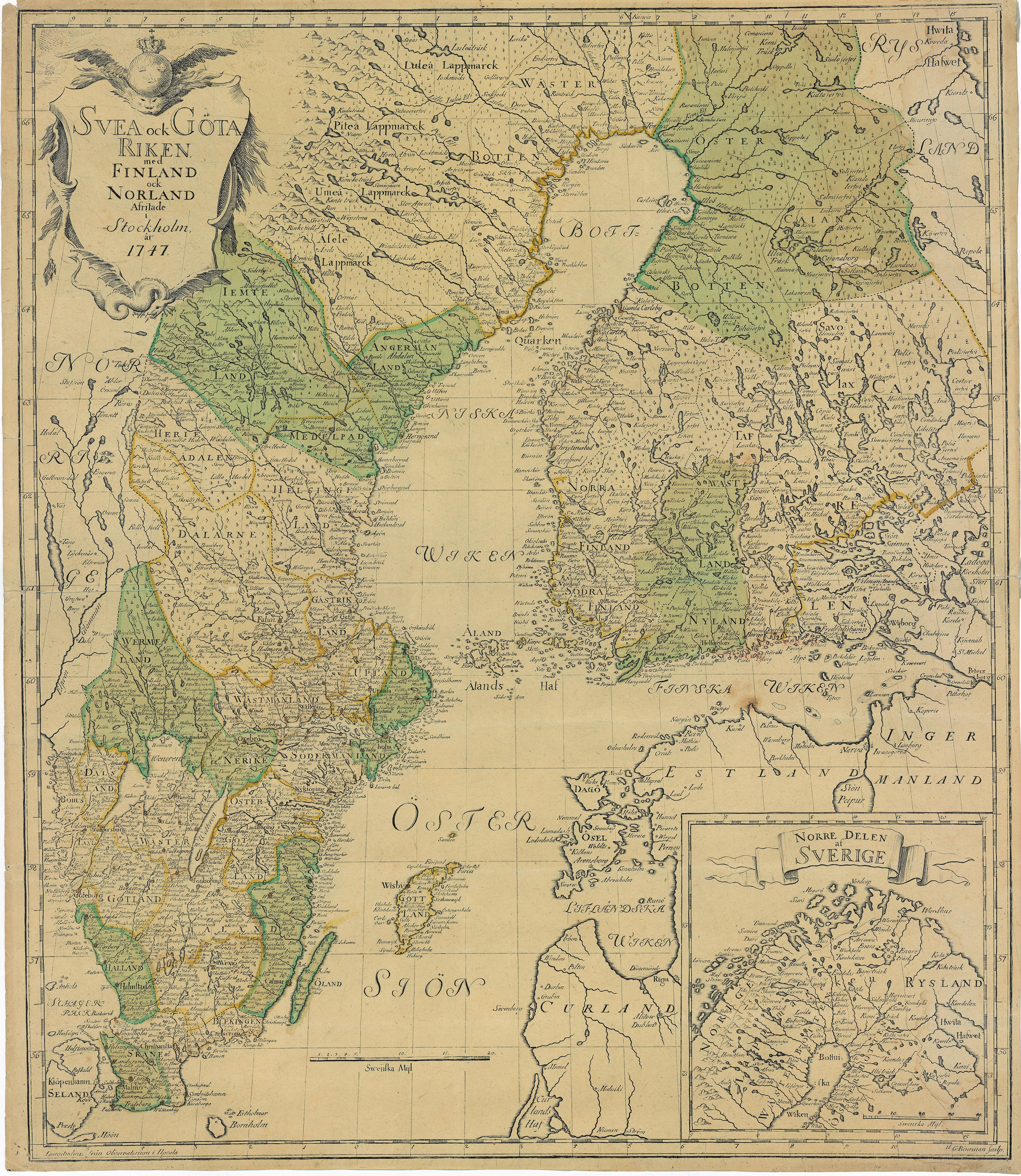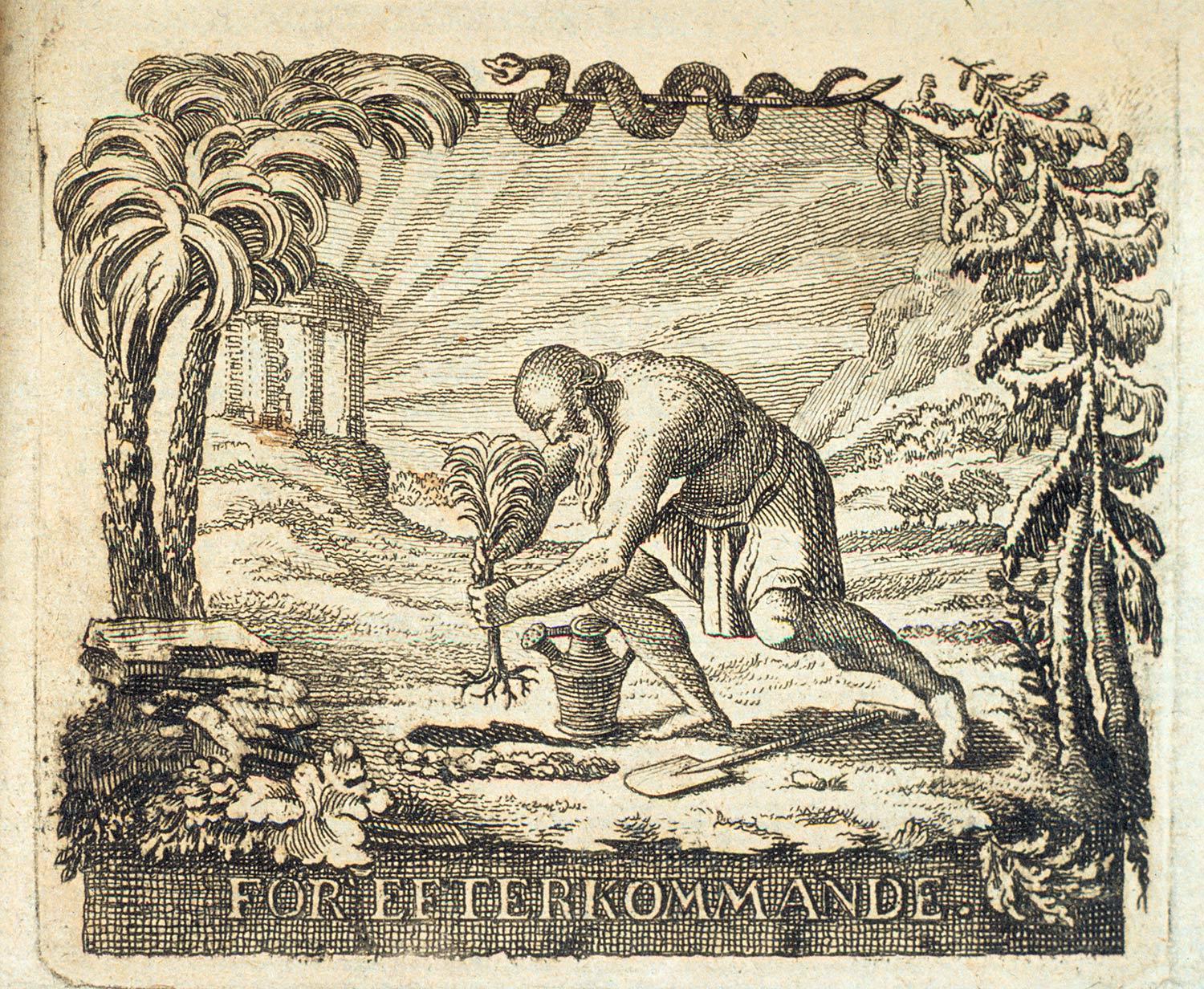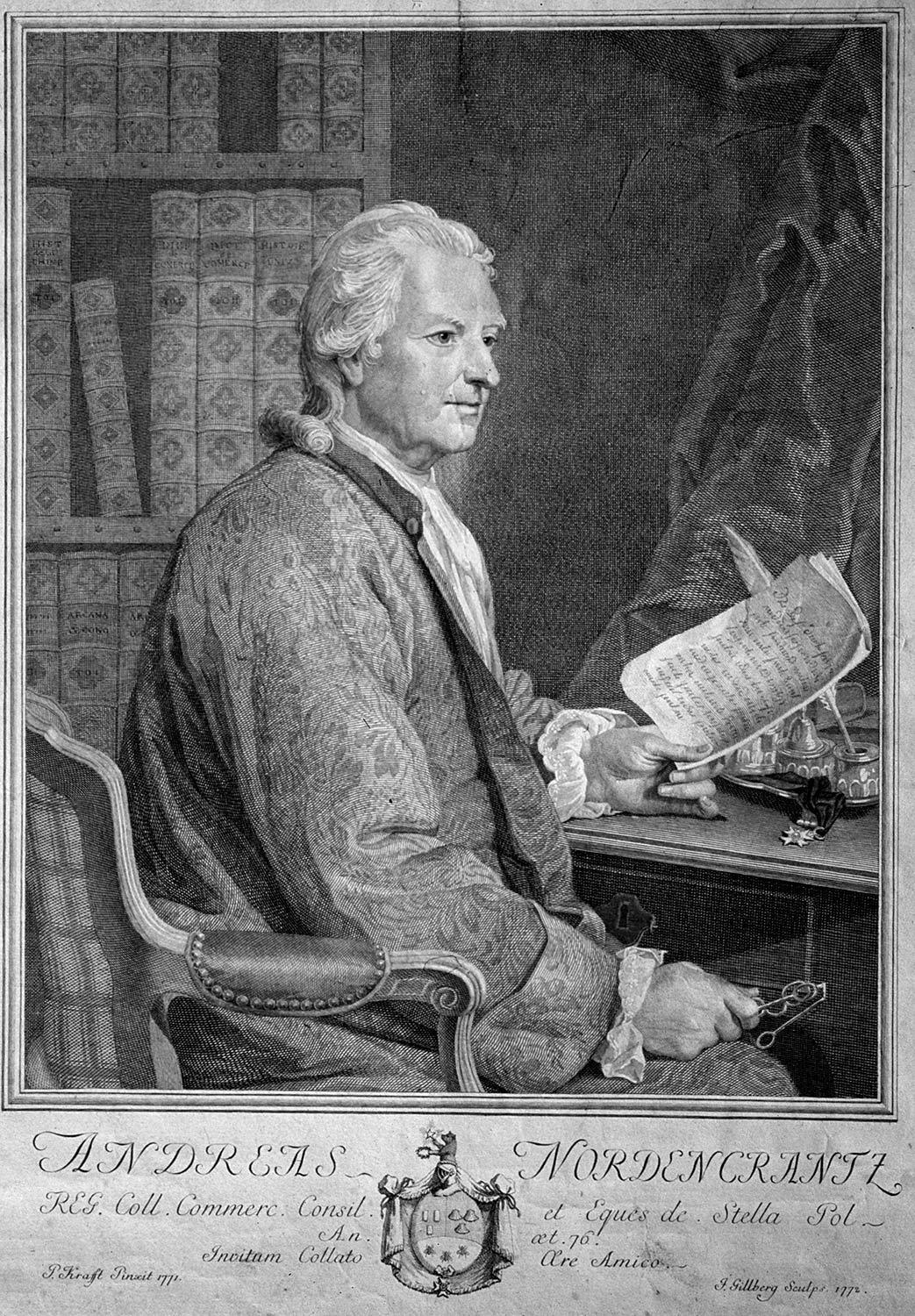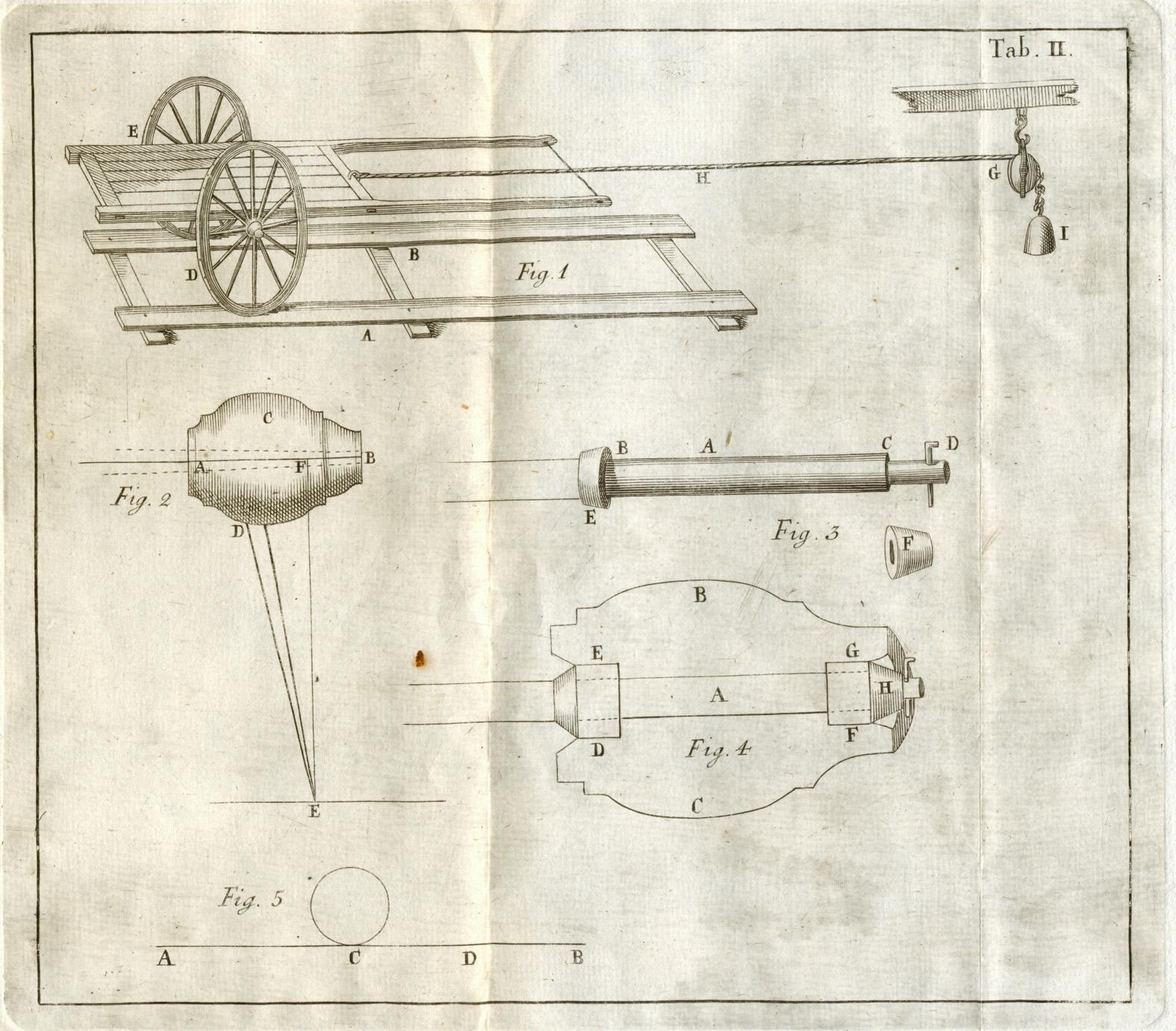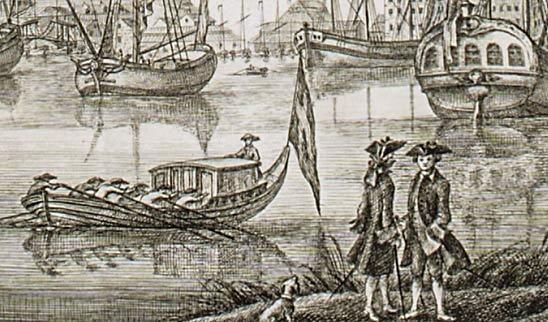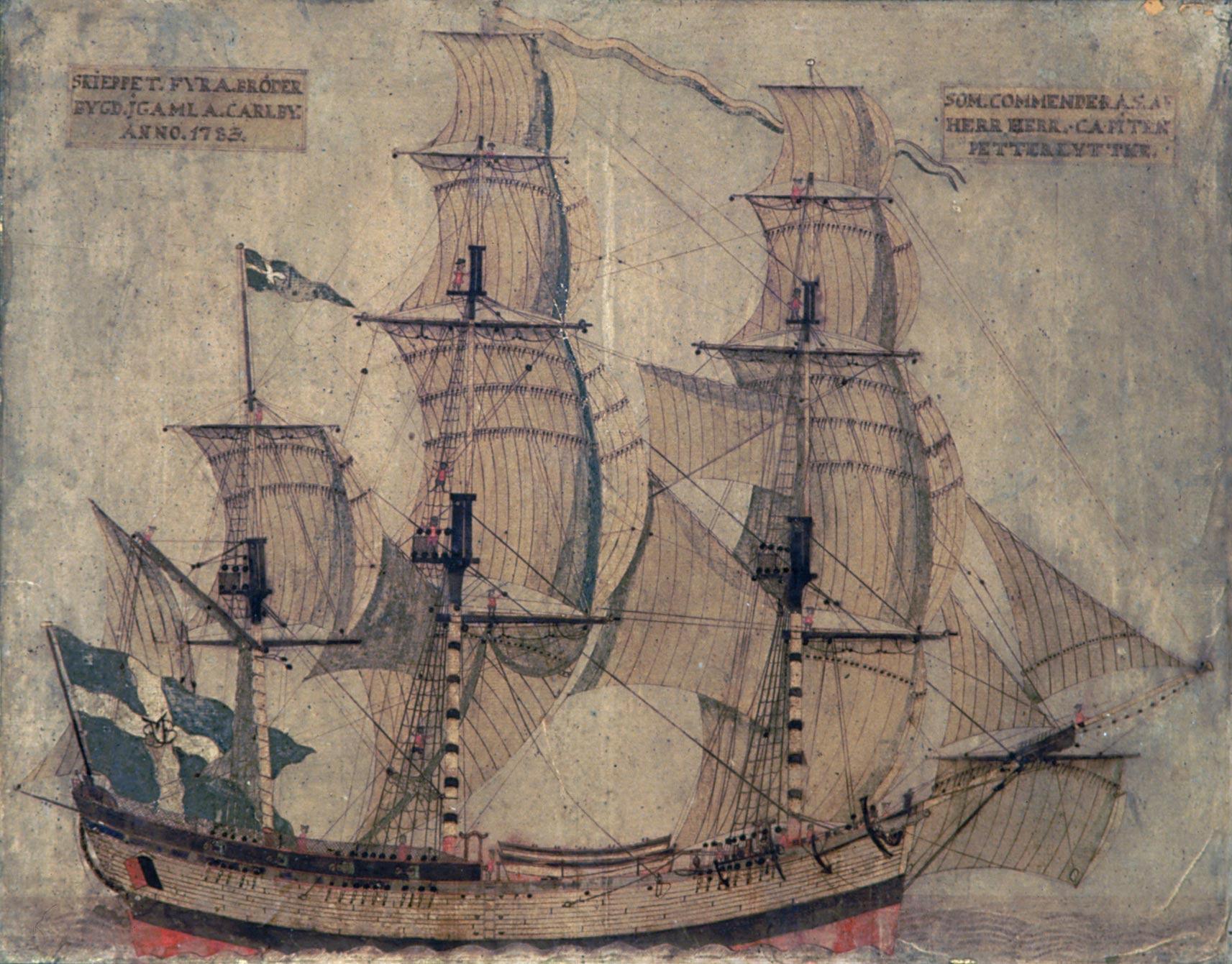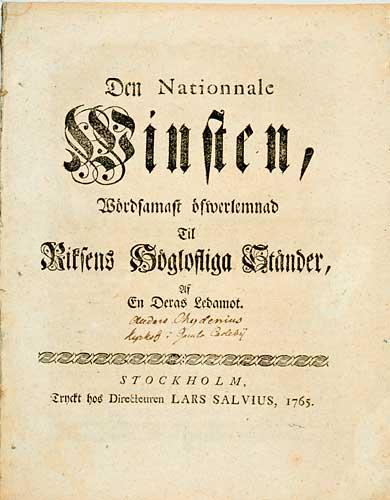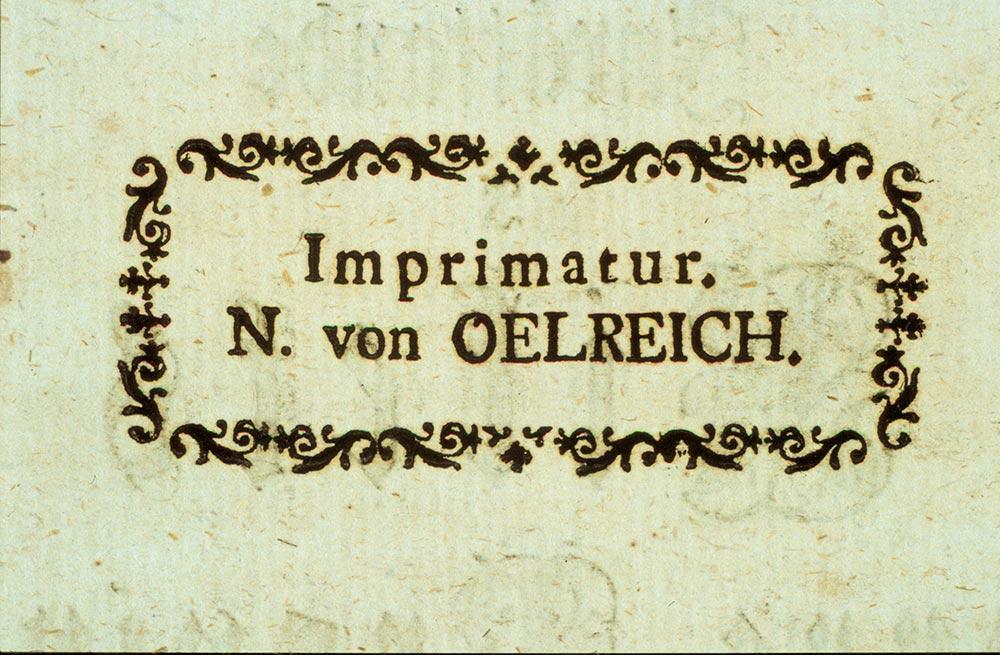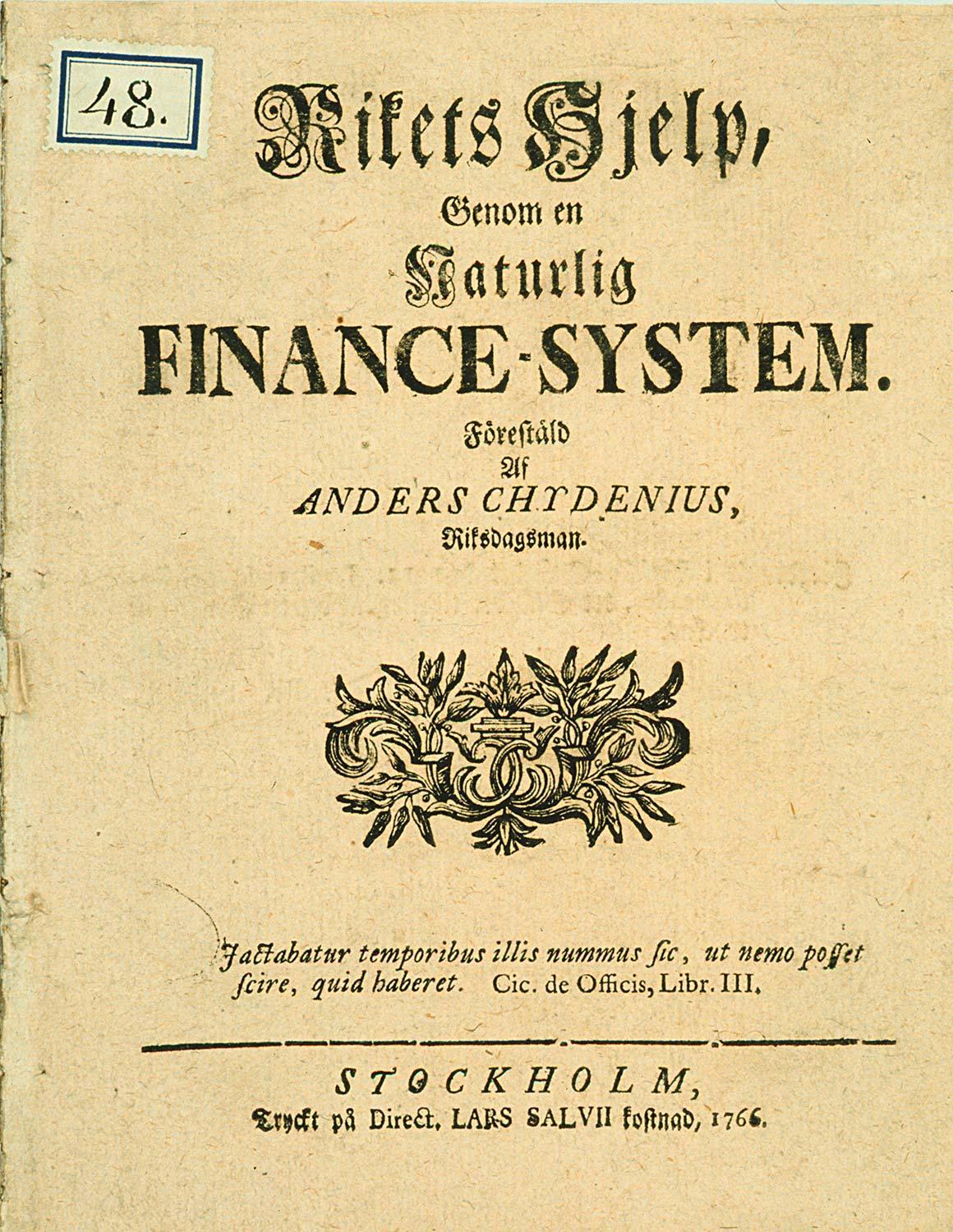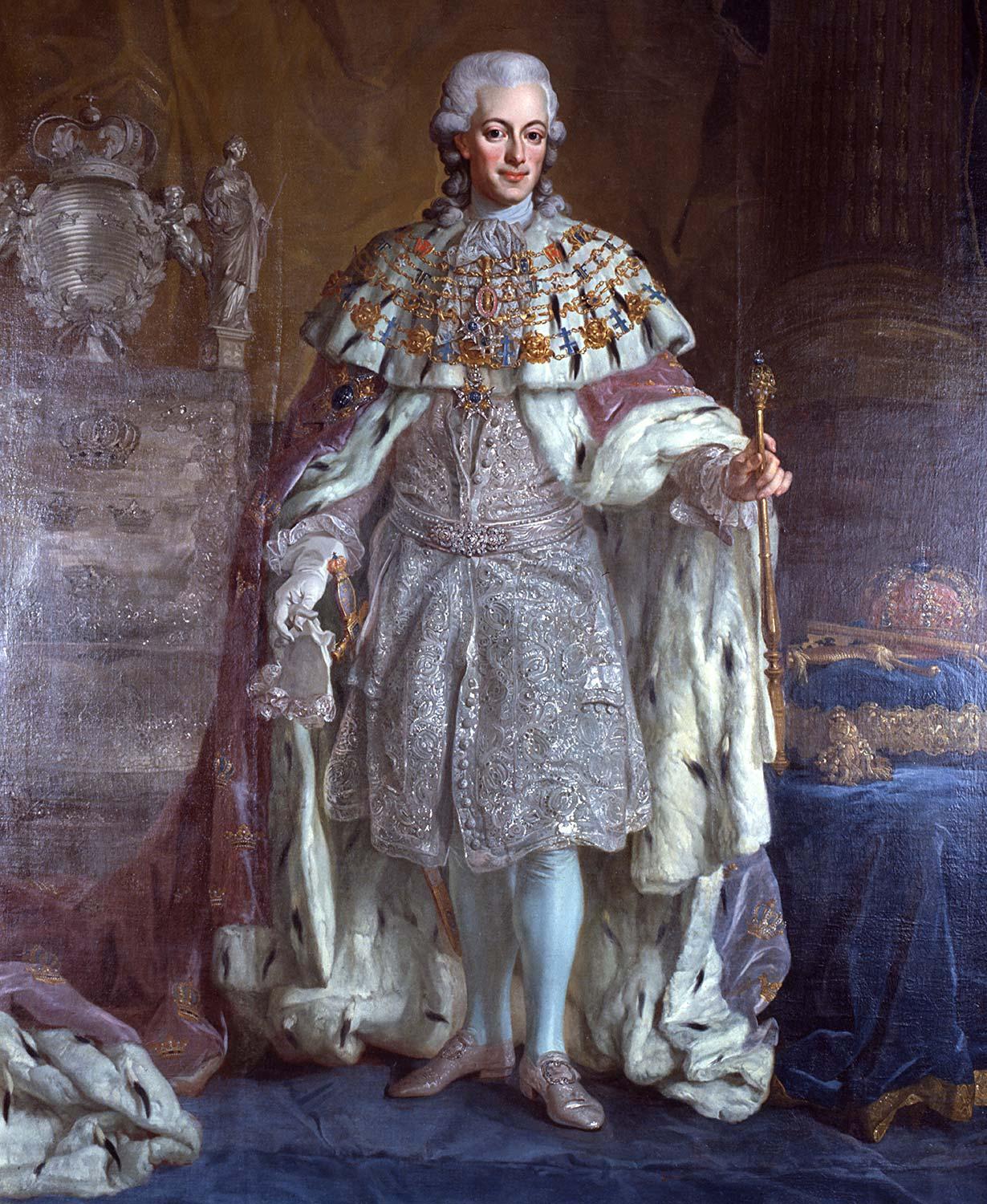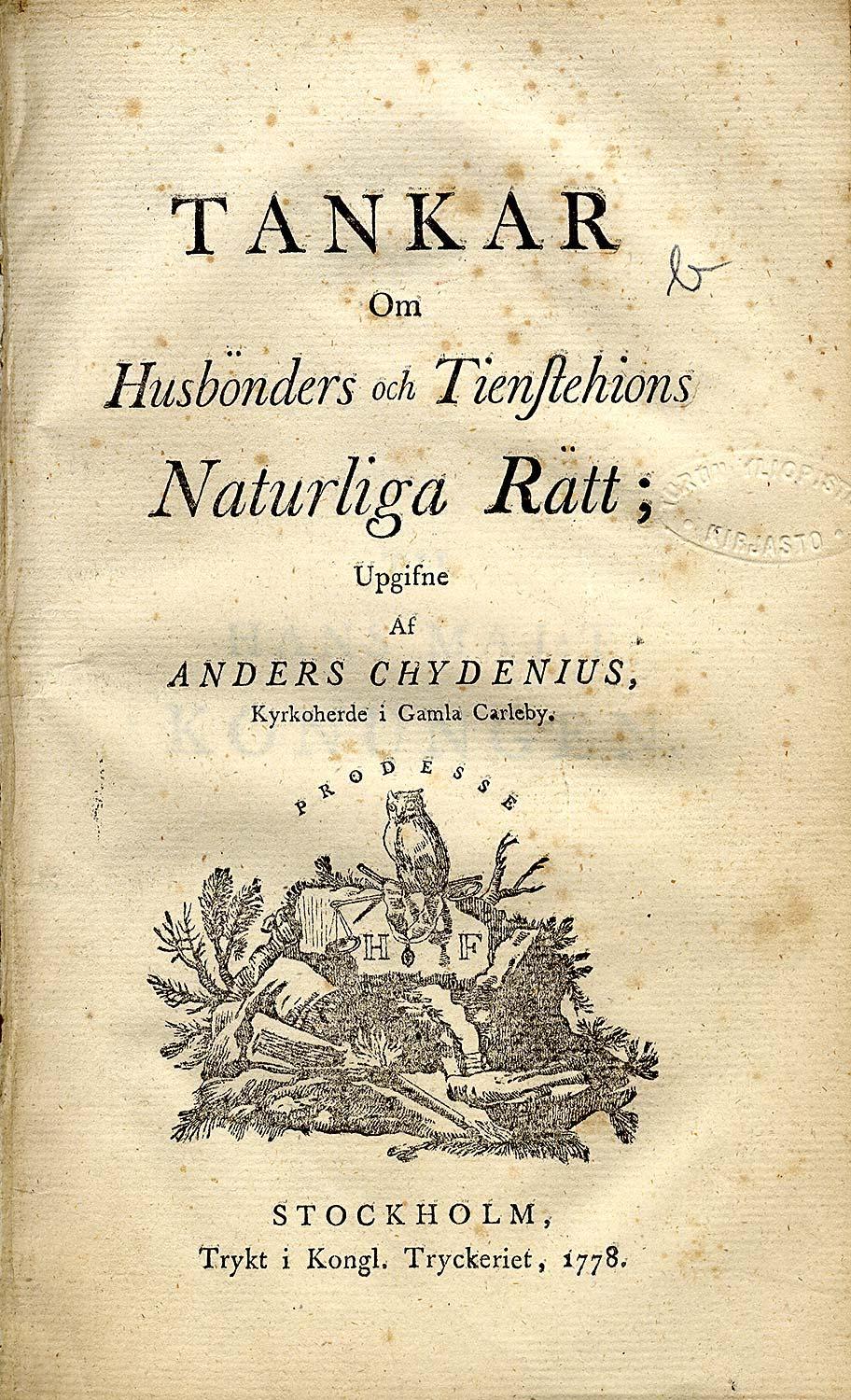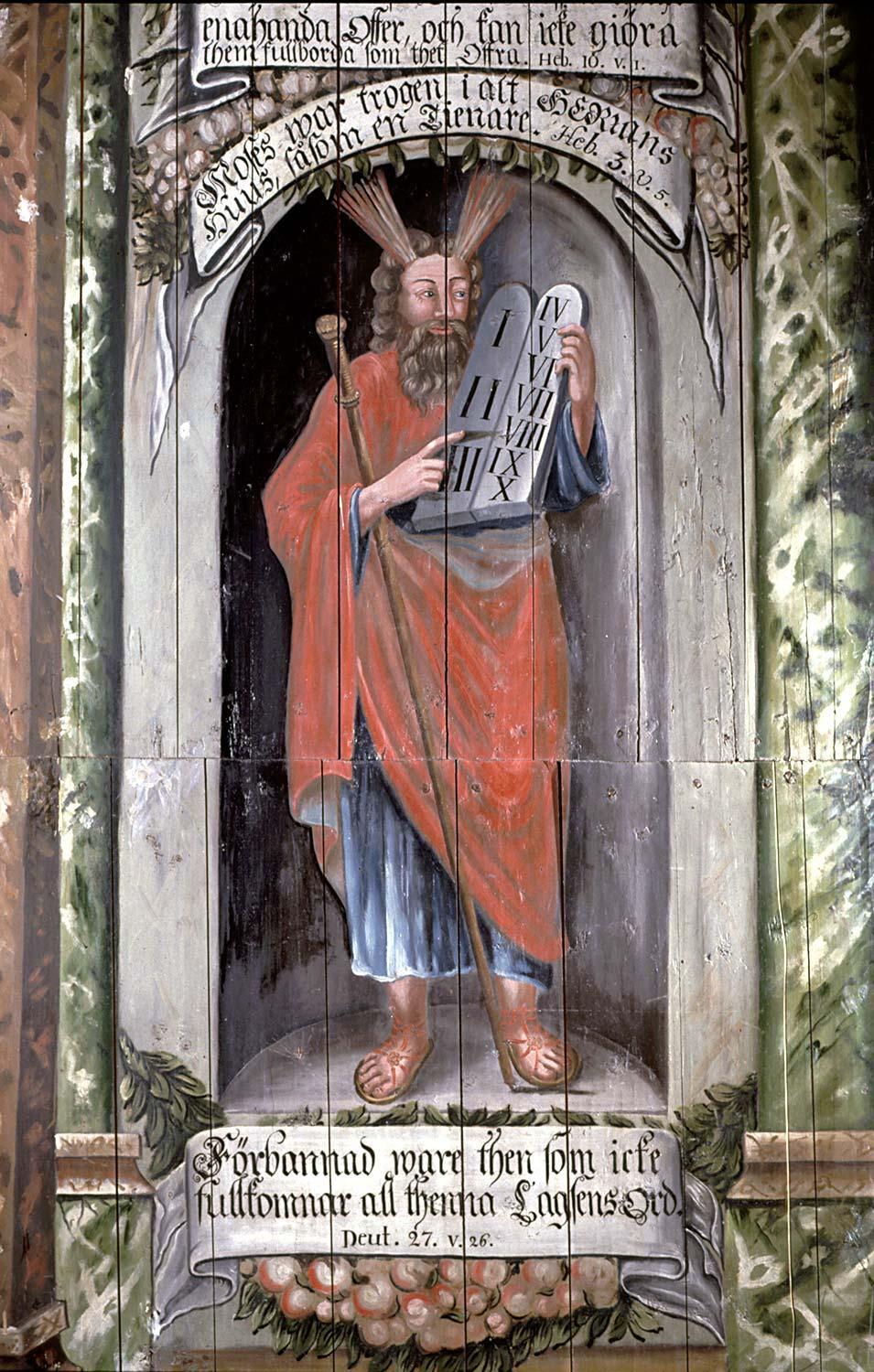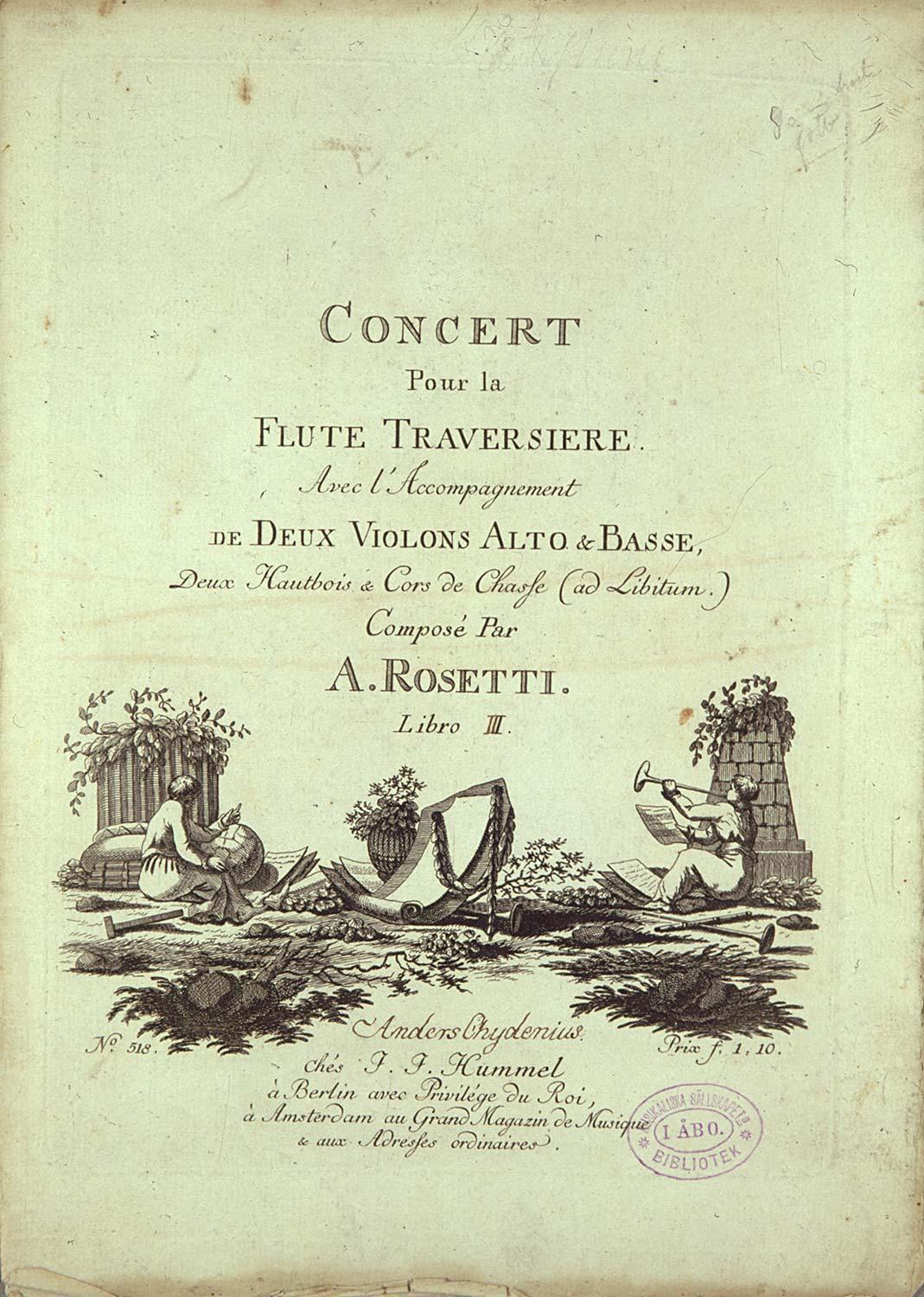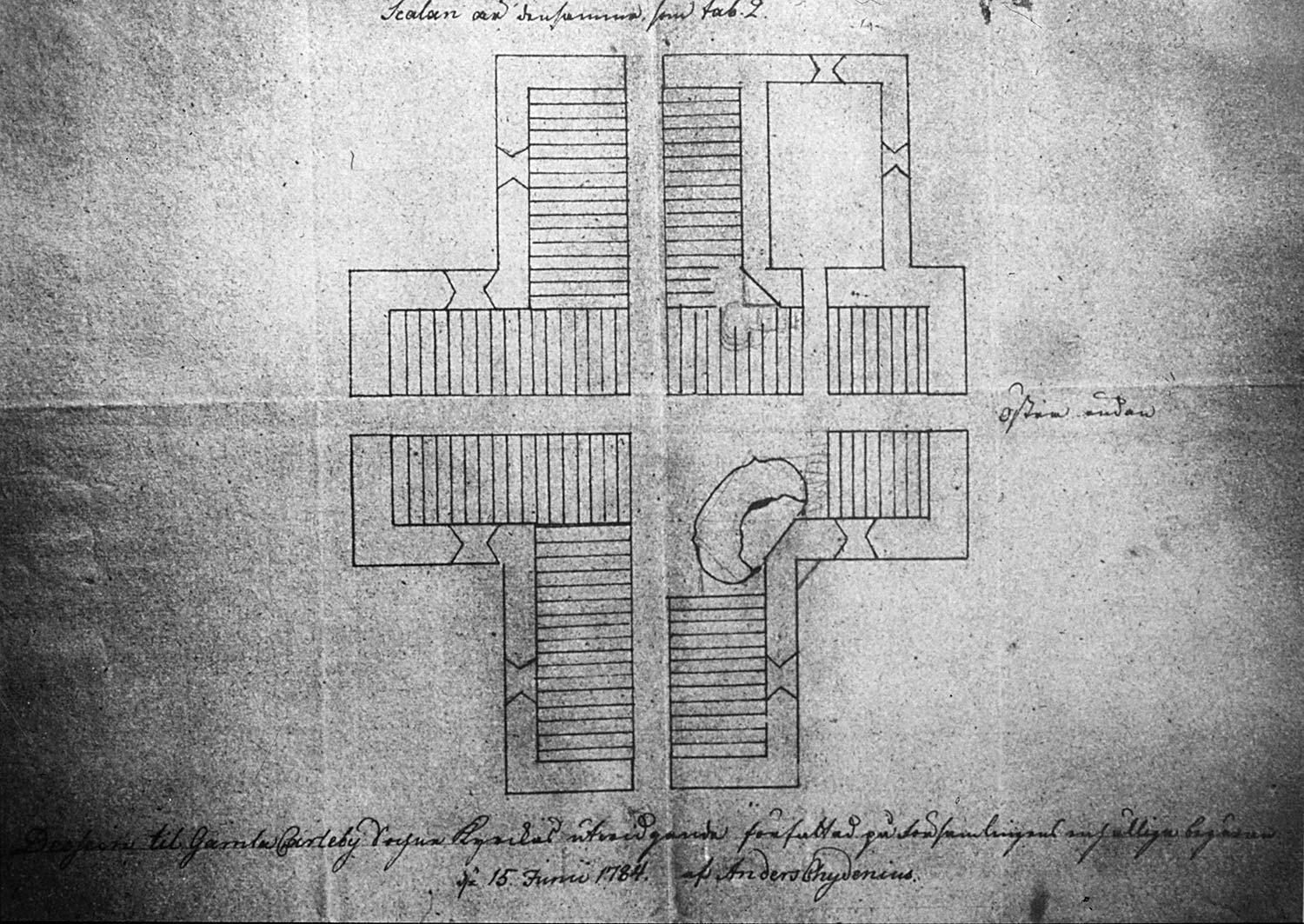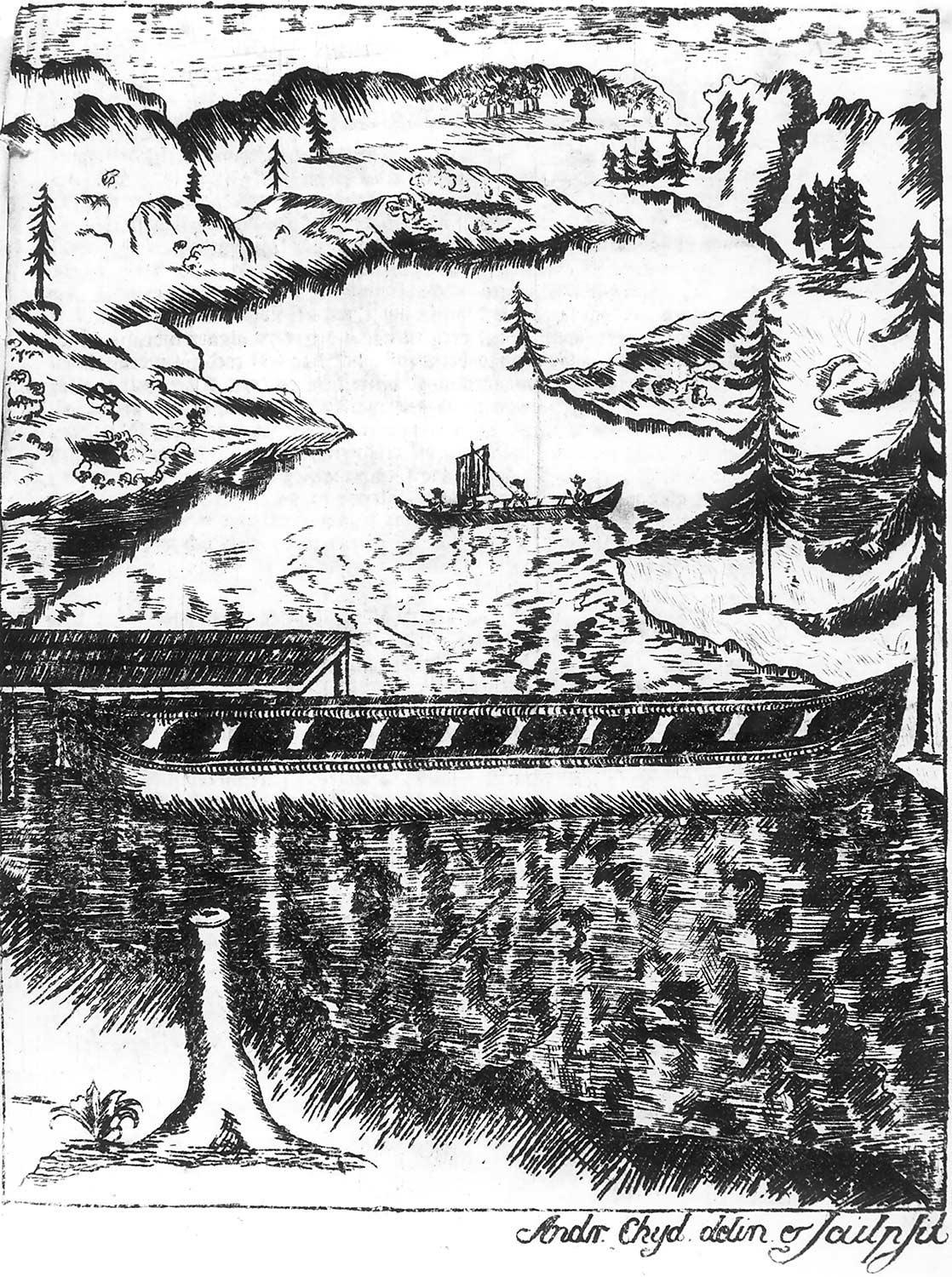Chydenius and the World Hereafter
Oblivion
After Anders Chydenius’ death in 1803, his life’s work was long forgotten. After all Chydenius’ liberal views on the whole suffered defeat at the hands of society already during his lifetime. When, in 1809, Finland came under the power of Russia, the country’s intellectual and social development was at the beginning slow, and favourable conditions for the growth of liberal ideals did not exist.
Amongst the local population and his relatives of course Chydenius’ memory lived on. An example of this are the popular legends about him which lived on into the present century, in which the old canon often gained all kinds of eccentric characteristics.
Chydenius Rediscovered
Only with a new breakthrough for liberalism in the 1860’s, were the conditions right for Chydenius’ redemption. In 1857 a short biography was published, and since the 1860’s Swedish researchers were able to place Chydenius in his rightful station in the political history of the eighteenth century. In Finland it was above all the young liberals who were enthusiastic about Chydenius. The historian E.G.Palmén published the collected works of Chydenius in 1880. The journalist Axel Lille wrote in 1882 of the relevance of Chydenius to the economic theories of his time.
The member of parliament, left-wing liberal politician and chief librarian Georg Schauman took Chydenius as direct model. In 1908 he published the first thorough study of Chydenius. Schauman’s laudatory interpretation emphasized Chydenius’ radicalism, and has been the basis of our image of the man right up to this day.
A National Hero
The Finnish-speaking population began to become more conscious of Chydenius after 1929, when his collected works were published in Finnish. Chydenius then became accepted as amongst the important figures of this country. In 1929 a Chydenius medal was struck, in 1935 a postage stamp appeared, and in the redesign of the banknotes during the 1980’s Chydenius portrait was placed on the 1000 mark note, thus bringing Chydenius to the acquaintance of all Finns.
In 1977 the Chydenius Institute was founded in Kokkola, which in addition to research and training activities, has for example through exhibitions, publications and public functions, done much to make Chydenius once more topical. This work is today continued in the Kokkola University Consortium Chydenius, which is an independent institution under the University of Jyväskylä.
The Modern Chydenius
Research at the turn of the 20th century saw Chydenius above all as a representative of idealistic liberalism. As the century progressed the political-economic and theoretical aspects of his writings were brought more to the fore.
Since the 1970’s however a wider interest in Chydenius has been born, and studies now show for example his concepts of natural rights, of politics and of political theory. In Pentti Virrankoski‘s biography of 1986, Chydenius is totally reappraised in many ways. Whilst early studies saw Chydenius as above all an economic thinker, Virrankoski’s Chydenius is a democratic politician, enamoured of the ideals of the enlightenment and of pietism, whose views on economics stand out against his wider social programme. Virrankoski has created a new critical picture of this great figure – set in the context of his time. Chydenius is also seen to have been a more varied personality than was previously thought.
During the 21th century the focus has moved to Chydenius’ role as a forerunner of openness and freedom of the press. The 250th Anniversary of the Freedom of the Press Act was celebrated in many ways both in Finland and Sweden in 2016.



